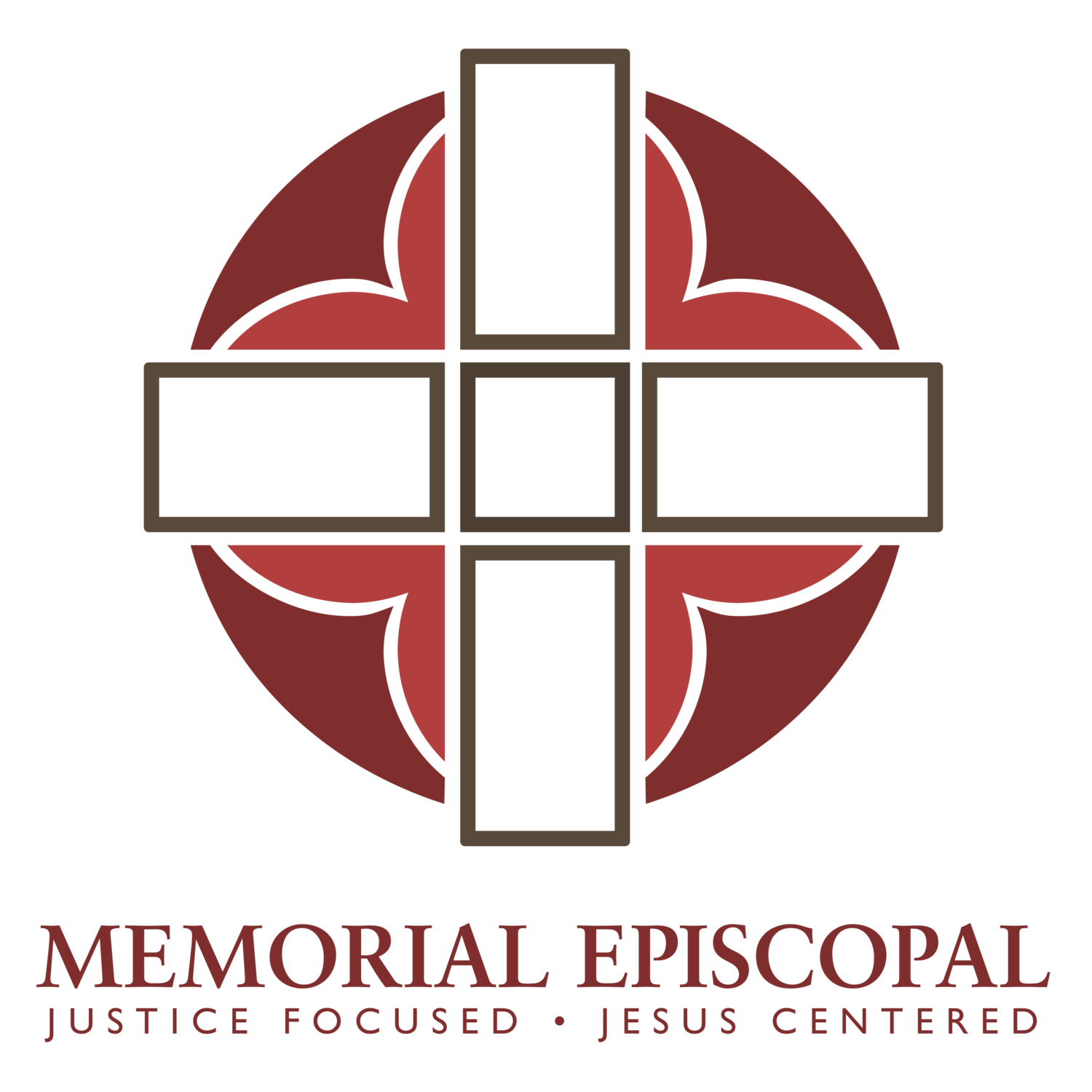The View from Bolton Street
A Sabbatical Reflection From the Deacon
Day by day, as they spent much time together in the temple, they broke bread at home and ate their food with glad and generous hearts, praising God and having the goodwill of all the people. And day by day the Lord added to their number those who were being saved. – Acts 2:46-47
From Rev. Grey’s View from Bolton Street, June 29, 2022: The sabbatical is called: “Grains, Trains, and Automobiles” and it uses the process of Baking Bread - Mixing, Leavening, Stretching, Resting, Baking - to help us understand the hard work of rest, and to explore the role that hospitality plays in our ability to work across differences, repair relationships, and see the face of Christ in the other.
Hospitality, particularly hospitality in community will be our mantra at Memorial, for the entirety of the sabbatical. Beginning August 21st, the following celebrants/preachers, along with myself, Ken Ironside, and Carolyn Armstrong, will be joining us in the Sanctuary and Upper Parish Hall: Carol Burnside+, Stuart Wright+, Thelma Smuellen+, Joanna White+, M. Dion Thompson+, Manoj Zacharia+, Carole Douglas+. Some of these celebrants/preachers will be familiar to us and some won’t. They come from a myriad of backgrounds, cultures, identities, and preaching styles. Guess what Memorial people, we, too, come from a myriad of backgrounds, cultures, and identities. They come to us bringing their special gifts to the table. It may not be the “way” Memorial does Eucharist, but it will be the way that Memorial will pull out all the stops and welcome those who accepted the invitation to serve at the table. We shall welcome them into our community with unbridled hospitality.
Just what is community? Community is our interdependence on the space we share—air, water, roads, cities, etc. Community is also shared physical space where we interact—socialize, laugh, cry, worship, etc. Community is both possible and necessary to our human condition. The pandemic taught us just how important community is and how we rejoiced when we could come together in community. In this community, we continue to build relationships giving us more insight into each other’s stories. The bond between these relationships within these walls is strong; yet there needs to be more.
Bolton Hill is a “walkable” community. We can greet our neighbors, watch out for kids on bikes, walk around the neighborhood, “bump” into people we know. This walkable community gives us a change to interact and connect with others making this an essential component of building a society where change in community needs to happen. There is a reason why we face outward at the end of the service before dismissal. It is to take our internal community into the “walkable” community to effect change. To share the peace that God alone can give and give that peace a fighting chance.
We have made great stride in connecting with other communities through our reparations work. We can get out there and connect with others. To really get down in the weeds, we need more boots on the ground. I’m asking Memorial parishioners to seriously consider joining one of the four action teams—environment, housing, education, and criminal justice. The contact is our Justice Missioner—Anthony Francis, justice@memorialepiscopal.org. To sum up this reflections, Mahalia Jackson sung these lyrics that are so appropriate in today’s climate:
If I can help somebody as I travel alongIf I can help somebody in a word or a songIf I can help somebody from doing wrongNo, my living shall not be in vainNo, my living shall not be in vainNo, my living shall not be in vainIf I can help somebody while I'm singing this songYou know my living shall not be in vain
In closing:
Glory to God whose power, working in us, can do infinitely more than we can ask or imagine: Glory to him from generation to generation in the Church and in Christ Jesus for ever and ever. Amen. Ephesians 3:20,21
